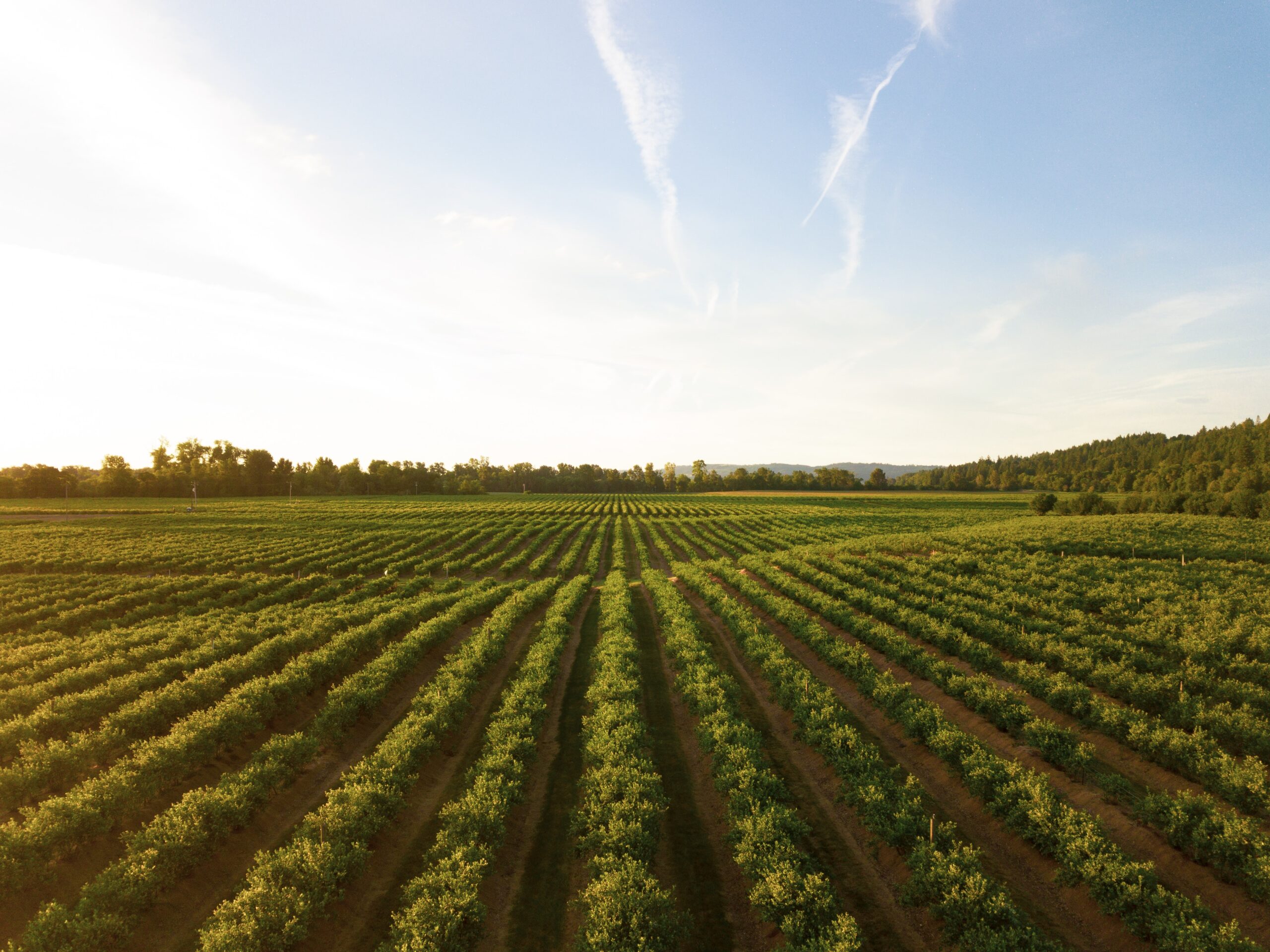India, with its vast population and limited agricultural resources, faces numerous challenges in meeting the food demands of its people. However, technology has the potential to transform the agricultural landscape of the country and help overcome these challenges.
One of the major issues in Indian agriculture is the lack of access to information and knowledge about modern farming practices. Many farmers still rely on traditional methods that may not be efficient or sustainable. With the advancement of technology, farmers can now access information through their smartphones or computers. They can learn about the latest techniques in crop cultivation, pest control, and soil management. This knowledge can significantly improve their productivity and reduce the reliance on outdated practices.
Another problem in Indian agriculture is the inefficient use of water resources. With the help of technology, farmers can now implement precision irrigation systems that deliver the right amount of water to crops at the right time. Sensors and remote monitoring systems can provide real-time data on soil moisture levels, allowing farmers to optimize water usage and prevent water wastage. This not only conserves water but also reduces the cost of irrigation.
Technology can also address the issue of post-harvest losses in India. Due to inadequate storage facilities and transportation infrastructure, a significant portion of the harvested crops gets wasted. By leveraging technology, farmers can now adopt better storage techniques such as cold storage and controlled atmosphere storage. They can also use mobile applications to connect with potential buyers and ensure timely transportation of their produce to the market. This reduces spoilage and improves the profitability of farmers.
Furthermore, technology can enable the adoption of precision farming techniques in India. With the help of drones, satellite imagery, and GPS systems, farmers can monitor their fields more efficiently. They can identify areas that require additional fertilizers or pesticides and apply them only where necessary. This not only reduces the use of chemicals but also minimizes the environmental impact of farming.
In conclusion, technology has the potential to revolutionize agriculture in India. It can provide farmers with access to information, optimize water usage, reduce post-harvest losses, and enable precision farming practices. By embracing technology, India can overcome its agricultural challenges and ensure food security for its growing population.


No responses yet